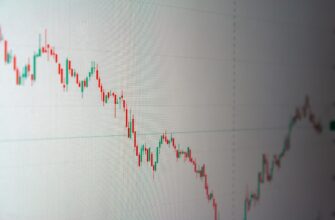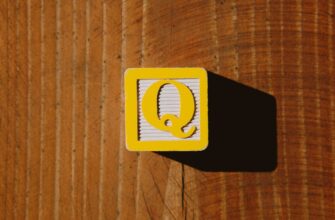## Introduction
With the explosive growth of NFTs, Australian investors are discovering significant tax implications. The ATO treats NFTs as taxable assets, meaning profits from sales can trigger capital gains tax (CGT). Failure to comply may lead to severe penalties. This guide explains how NFT taxation works and how to avoid costly errors.
## How NFT Profits Are Taxed in Australia
NFT transactions fall under Australia’s capital gains tax regime. Key principles include:
– **Capital Gains Tax (CGT)**: Applies when selling NFTs for more than their cost base
– **Taxable Events**: Includes selling, trading, or gifting NFTs (except to spouses)
– **Income vs. Capital**: Frequent trading may classify profits as ordinary income (higher tax rate)
– **12-Month Discount**: 50% CGT reduction for NFTs held over 12 months
## Common Tax Penalties for NFT Non-Compliance
The ATO imposes strict penalties for errors:
1. **Failure to Lodge Penalty**: $222 per 28 days (up to $1,110) for late tax returns
2. **False Statement Penalty**: 25-75% of unpaid tax for incorrect reporting
3. **Interest Charges**: Currently 11.34% annually on overdue amounts
4. **Audit Triggers**: Discrepancies between exchange data and tax filings
## Step-by-Step NFT Tax Reporting Process
Follow this workflow to ensure compliance:
1. **Track All Transactions**: Record acquisition dates, sale prices, and costs
2. **Calculate Cost Base**: Include purchase price, gas fees, and minting costs
3. **Convert to AUD**: Use exchange rates at transaction time
4. **Report on Tax Return**: Disclose capital gains in Item 18 of your return
5. **Offset Losses**: Apply capital losses against other gains
## Essential Record-Keeping Requirements
Maintain these records for 5 years:
– Digital wallet addresses and transaction IDs
– Screenshots of NFT metadata and ownership history
– Exchange statements and bank transfers
– Receipts for related expenses (gas fees, platform commissions)
## 5 Critical Mistakes That Trigger Penalties
Avoid these common errors:
– **Ignoring small transactions**: All sales must be reported regardless of profit
– **Forgetting cost base adjustments**: Gas fees and commissions reduce taxable gains
– **Miscalculating holding periods**: 12-month rule applies from acquisition date
– **Failing to declare airdrops**: Free NFTs are taxed at market value upon receipt
– **Using incorrect exchange rates**: AUD conversion must use rate at transaction time
## Frequently Asked Questions (FAQ)
**Q: Do I pay tax if my NFT investment lost money?**
A: Yes, you must still report the loss. Capital losses can offset future gains.
**Q: Are NFT creators taxed differently?**
A: Yes. Royalties and minting profits are typically treated as ordinary income, not CGT.
**Q: How does the ATO track NFT transactions?**
A: Through data-sharing with exchanges, blockchain analysis, and bank transaction monitoring.
**Q: Can I deduct NFT investment expenses?**
A: Only if classified as income-producing. Consult a tax professional.
**Q: What if I traded NFTs internationally?**
A: Australian residents must declare global NFT profits. Double-tax agreements may apply.
## Conclusion
Navigating NFT tax penalties in Australia requires meticulous record-keeping and understanding of CGT rules. Penalties for non-compliance can exceed original tax liabilities. Always consult a crypto-savvy accountant when reporting NFT profits. Staying informed protects your investments from unexpected ATO actions.








